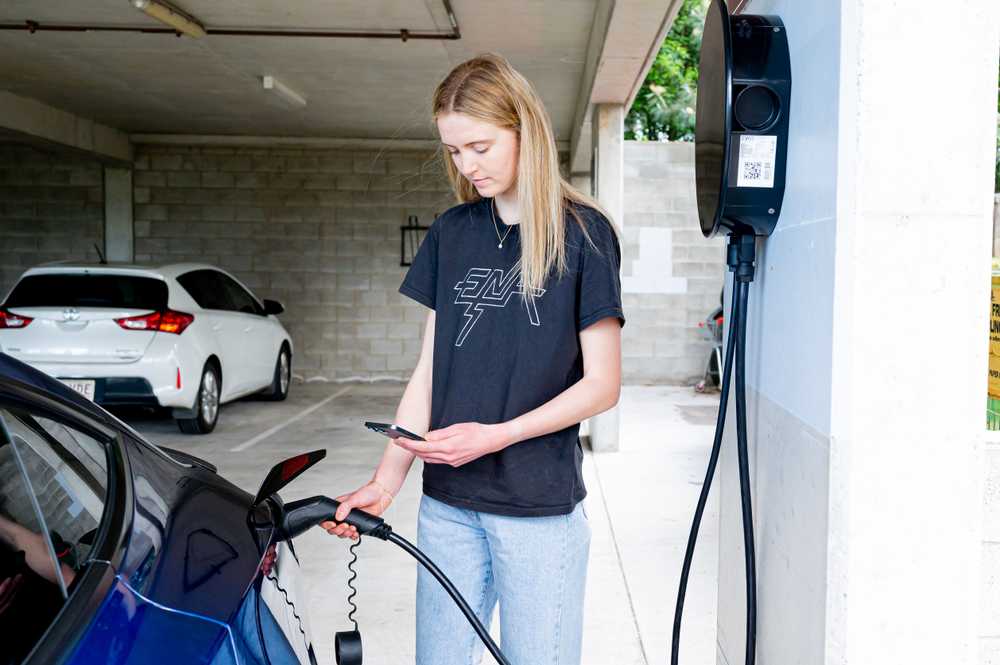The Challenges Strata Communities Face in Installing EV Charging Stations

The Challenges Strata Communities Face in Installing EV Charging Stations As the adoption of electric vehicles (EVs) accelerates worldwide, one of the most significant obstacles to widespread adoption remains the provision of adequate and accessible charging infrastructure. This concern is amplified in strata communities—multi-unit residential or commercial properties—where the installation of EV charging stations poses unique challenges. Here are the main issues strata communities face when attempting to integrate EV charging systems.
1. Infrastructure Limitations Most existing strata buildings were constructed before the advent of EVs, and therefore, their electrical infrastructure might not be equipped to handle the additional load from EV charging stations. Upgrading the infrastructure can be complex and costly. It could require significant rewiring, upgrading electrical panels, or installing new transformers.
2. Space Constraints Another considerable challenge in strata communities is the limited space. Densely packed residential units leave little room for the installation of charging stations. And while underground or covered parking areas might seem like an obvious solution, they often pose their own problems related to cabling and safety regulations.
3. Billing common Power to the occupant Most carparking in strata communities is located on the common power circuit and the strata will require a mechanism to be able to recover the cost of power used by EV drivers.
4. Cost and Funding The installation of EV charging stations can be a significant investment. Beyond the cost of the stations themselves, there’s the expense of electrical upgrades, installation, maintenance, and electricity consumption. Determining who should bear these costs—whether they should be shared equally among all strata members or solely the responsibility of EV owners—can lead to disagreements and delays.
5. Legislation and Bylaws Existing strata bylaws often don’t address the issue of EV charging stations. Updating these bylaws to reflect the needs and responsibilities of EV owners can be a lengthy and contentious process. Moreover, legislation regarding EV charging in shared residential buildings varies widely from region to region, adding another layer of complexity.
6. Maintenance and Management Once installed, EV charging stations need regular maintenance to ensure their safe and efficient operation. The management of usage, billing, and scheduling can also be time-consuming. Some strata may lack the expertise or resources to handle these tasks effectively.
The EVOS-Strata solves who pays for power on the common power circuit in strata properties. It reduces the cost of operating EV charging in strata communities by managing energy, allocating energy cost to unit owners and reduces the management time to provide EV charging.
EVOS provides you a simple platform to manage the charging stations, billing and energy. The EVOS Strata platform constantly monitors your stations to make sure they are always ready to charge your EVs and provides flexibility with configuration to meet your demands.